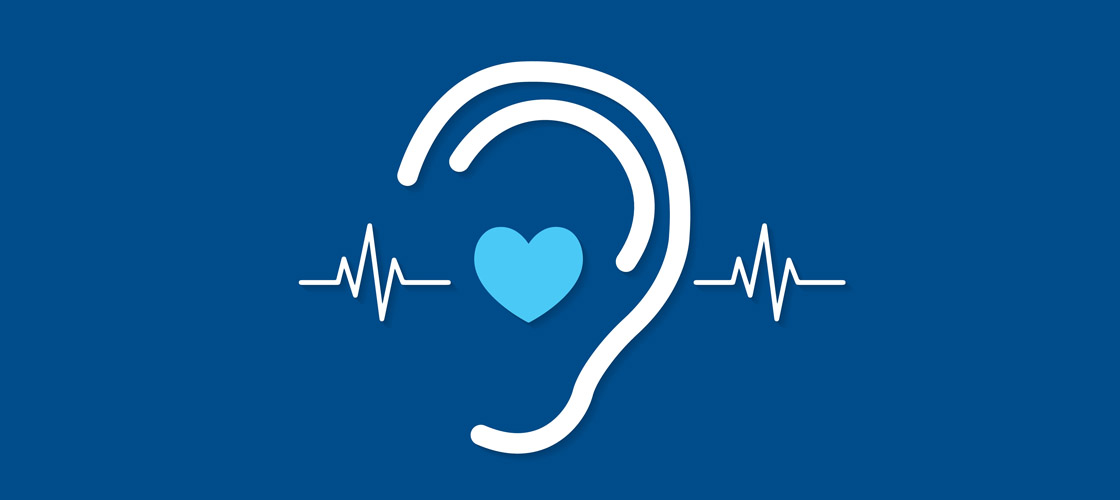Posted 1 year ago
Mon 04 Mar, 2024 12:03 PM
In the rich tapestry of human communication, sign languages stand out as beautiful, expressive forms of interaction that bridge the gap between the hearing and the deaf communities. Unlike spoken languages that rely on auditory cues, sign languages utilise manual communication and body language to convey meaning, making them unique and fascinating to learn. Among the myriad of sign languages globally, American Sign Language (ASL) and British Sign Language (BSL) are two prominent examples, each with its own grammar, syntax, and cultural nuances.

American Sign Language (ASL)
Originating in the United States and parts of Canada, ASL is a complete, natural language that employs signs made with the hands, facial expressions, and body postures. It's not a mere transliteration of English but a language with its own rules for grammar, punctuation, and sentence order. ASL is used by many in the deaf community and has been instrumental in advocating for their rights and inclusion.
British Sign Language (BSL)

BSL is the preferred sign language in the United Kingdom. Like ASL, it's a full-fledged language with its own grammatical structure and syntax, differing significantly from English. BSL uses two hands for many of its signs and incorporates a wide range of facial expressions and body movements. It's a vibrant part of the UK's deaf culture and community.
Why Learn Sign Language?
Learning sign language offers a plethora of benefits, both personal and professional. Here are just a few reasons why it's considered an essential skill:
- Enhanced Communication: Sign language allows you to communicate effectively with deaf and hard-of-hearing individuals, breaking down barriers and fostering inclusivity.
- Cognitive Benefits: Research suggests that learning sign language can improve spatial awareness, visual recognition, and memory.
- Career Advantages: Proficiency in sign language can open up career opportunities in various fields such as education, healthcare, social work, and translation services.
- Cultural Appreciation: Learning sign language exposes you to the rich cultures and histories of deaf communities, promoting understanding and respect.
- Emergency Preparedness: Knowing sign language can be invaluable in emergency situations where verbal communication isn't possible.
Intro to BSL Event
Interested in embarking on this rewarding journey of learning sign language? Join us for our "Intro to BSL" event on March 11th at 5pm at Bishop Gate. This event is designed for beginners and will cover the basics of British Sign Language, providing you with a solid foundation to build upon. Whether you're looking to learn BSL for personal enrichment or to enhance your professional skills, this event is the perfect starting point.
Learning sign language not only equips you with a valuable skill but also opens up a world of opportunities for meaningful connections and cultural exchange. Don't miss out on the chance to explore the expressive, inclusive world of BSL. See you there!
Embracing sign language enriches lives and societies by promoting inclusivity and understanding. Whether you choose to learn ASL, BSL, or another sign language, you're taking a step towards a more inclusive world.






